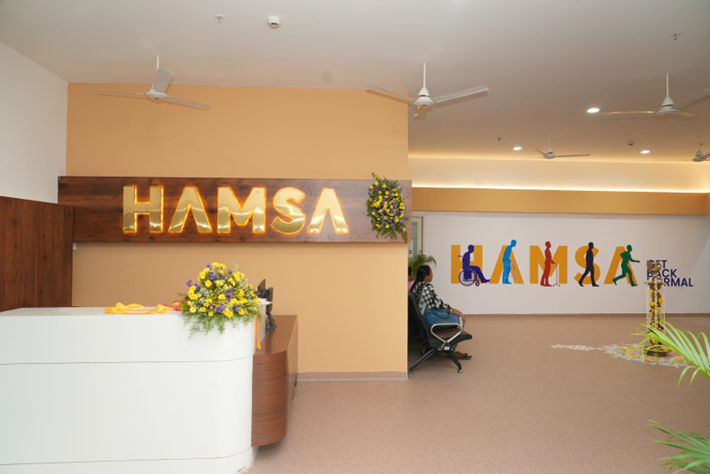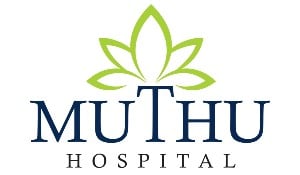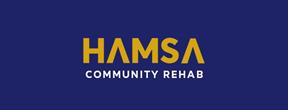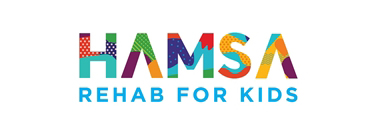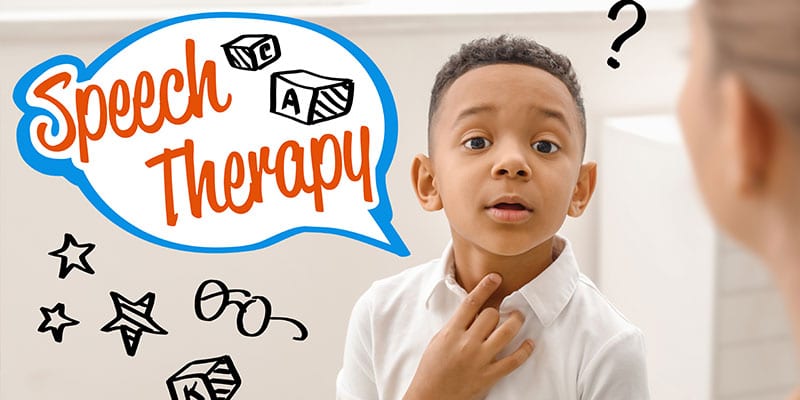
Speech Disorders- Symptoms, Types, & Treatments
A speech disorder is the inability of a person to produce sounds and speak words. A few voice disorders are also considered speech disorders. An inability to speak clearly makes it difficult for individuals to express what they feel or think. People with speech disorders must seek help from a good speech therapy centre to resolve and improve the symptoms. Let us discuss the therapy options available for various speech disorders in the article below.
A Brief Summary on Symptoms of Speech Disorder
Speech disorders are easily identified through various symptoms. The symptoms will help to determine the severity and cause of the problem. Individuals with speech disorders exhibit a few of the following symptoms.
- Repeating sounds and stuttering words
- Blinking endlessly during talking
- Adding extra words or sounds in a different way
- Jerking while speaking
- Moving the head several times while talking
- Elongating the words
- Pausing frequently when speaking
- Making conversations with a gravelly and raspy sound
- Producing a distorted sound while talking
- Getting frustrated when attempting to communicate
An Insight Into the Common Speech Disorders
There are many kinds of speech disorders treated by speech therapists. Some of the common ones are:
AOS (Apraxia of Speech)
Apraxia of speech occurs when the neural pathway between the person's speech muscles and brain is blocked or lost. When a child has apraxia of speech, they have difficulties making accurate moves while speaking. This happens because the brain is unable to coordinate the movements properly. Whereas when adults have apraxia of speech, the most common cause of the condition is due to brain damage, stroke, brain trauma due to oxygen deprivation, etc, it is referred to as dyspraxia or verbal apraxia.
Dysarthria
Dysarthria is a condition which occurs when the muscles of the tongue, mouth, jaws or lips are weak. This is caused because of:
- Brain damage due to trauma
- Injury in the right hemisphere of the brain
- Stroke
- Brain tumours
Patients with dysarthria find it difficult to pronounce words. The problem develops either in the womb or in a short duration after birth because of conditions like cerebral palsy and muscular dystrophy. In adults, some of the common causes of dysarthria are tumours or stroke.
Orofacial Myofunctional Disorders
Orofacial myofunctional disorder can happen at any age in a person. It occurs because of abnormal development or growth of facial bones and muscles. Patients with orofacial myofunctional disorders will have difficulty talking, eating, swallowing, drinking or breathing through the nose. A common type of orofacial myofunctional disorder is tongue thrusting which makes kids push their tongue outwards while drinking, eating or talking.
Speech Articulation/ Sound Disorders
If a baby cannot speak clearly or fluently by four years, they might have a speech sound disorder. This is also called an articulation disorder or phonological disorder. A speech sound disorder need not necessarily occur in children. Adults are liable to acquire the problem if they experience sudden damage to the brain and develop a speech disorder wherein the person might make one sound in the place of another, change a sound, add sounds or leave a sound out.
Fluency Disorders or Stuttering
Stuttering is a fluency disorder where patients pause or prolong sounds while talking. Stuttering is stretching out a sound or repeating it over and over again. Such people have difficulty processing and pronouncing a specific word. The problem aggravates due to excitement and nervousness. The stuttering problem may be accompanied by certain secondary physical behaviours like jaw tightening or excess blinking. Some patients may develop the stuttering problem as their family has a history of it. Triggers mostly precede a stuttering episode in certain people. Speech pathologists help patients to identify and cope with those triggers.
Selective Mutism
Selective mutism is most often seen in teens and children. It is an anxiety disorder caused by a person's inability to communicate and speak effectively in certain social settings. Selective mutism causes language disorders, stuttering and psychological problems like unwanted shyness. Social phobias are experienced predominantly in teenagers who have selective mutism.
Speech Delay- Alalia
Speech delay is also known as alalia and is seen in children who do not make normal verbal communication. There are various reasons why a child would not be able to use age-appropriate communication. They can have brain damage or be a late bloomer wherein they take longer durations than normal children to speak.
Autism-related Speech Disorders
Communication difficulty is one major problem kids face with an autism spectrum disorder. Such kids have challenges with behaviour and social skills. An autistic person will find it difficult to use words, write or read and hold effective conversations. Furthermore, autism can cause receptive disorders in a few people. These receptive disorders in patients are characterised by trouble understanding what others say. Such autistic patients find it difficult to imbibe and process when someone says anything. They cannot follow directions and have a limited vocabulary.
Resonance Disorders
When there is an obstruction or blockage in the airflow in the nose, throat and mouth, it is called resonance disorder. It affects the voice quality as the block impacts the vibration caused to produce the voice. Two major causes of resonance disorders are swollen tonsils and cleft palate.
Voice Disorders
There are several conditions which have an impact on the voice. They are:
- Paradoxical vocal fold movement
- Spasmodic dysphonia
- Chronic cough
- Vocal fold nodules
- Vocal fold paralysis
- Vocal fold polyps
List of Treatments for Speech Disorders
Speech therapists treat, reduce and eliminate various types of speech disorders. The type of treatments recommended for patients will depend on the underlying cause and the severity of the issue. The two kinds of speech treatment options are:
- Speech exercises to familiarise certain sounds and words.
- Physical exercises to strengthen the muscles responsible for producing speech.
The methods used in treating speech disorders are:
- Target selection- Here, a patient is made to practice specific words or sounds to familiarise themselves with those sounds, which eventually improves their speech patterns.
- Contextual utilisation approach- Speech-language pathologists educate the patients on how to identify the sounds in a syllable-based context.
- Contrast therapy- Patients have to utter word pairs with one or more speech sounds.
- Oral-motor therapy- Therapists focus on breath and motor control to improve muscle strength. The therapy contains exercises that help a patient develop fluency and speak naturally.
- Speech sound assessment- The initial step will be to identify how a child pronounces vowels, consonants and various sounds. The assessment is done to determine how well others can understand the patient's speech during a conversation.
- Dysarthria & stuttering treatment- The patient is offered a behavioural change treatment and trained to slow down when speaking, breathe and exercising the speech muscles.
- Pronunciation treatment- Patients are given pronunciation and annunciation coaching. They are taught how to make a sound, pronounce a word, and practice in front of a mirror to strengthen the speech muscles.
The Takeaway
Speech disorders impact the social life of both kids and adults all through their life. It causes adverse effects which affect the quality of life and causes psychological problems. If you are facing speech problems, reach out to Hamsa Rehab, a popular speech therapy centre in Chennai which provides the best treatment for patients under the guidance of efficient speech pathologists.


